Do you know that a DOT audit or review can happen at any time? Do you know that if you or your trucking company is not compliant with the federal motor carrier safety regulations, you might be put out of business? These audits are conducted to evaluate the safety performance of your organization. They are there to make sure that the owner-operator or the trucking company is performing all their record keeping operations responsibly. There are other requirements as well that are laid down by the FMCSA that they have to follow. The DOT audit also considers all of them and makes sure to cover a lot of categories within them. You should expect the following aspects to be covered under your DOT compliance audit:
1. General Compliance
All the motor carriers are expected to keep documentation and provide the same for examination to the DOT compliance audit team. They must keep appropriate and most current data regarding liability insurance at the place of their work. They should also make available forms MCS-90 (382.15) for examination. It is also important to keep an accident register as defined in section 390.5 of the regulations laid down by the federal motor carrier safety administration. In addition to this, the general rules would require you to keep a track of all of the following:
- Dispatches and related details
- Invoices of all your transactions
- Payment records
- Record of late payments
- Customer information
2. Driver-Related Compliance
The DOT compliance audit also takes into consideration your commercial motor vehicle drivers. You as an employer must make sure that all your commercial motor vehicle drivers have their licenses and various permits with them at all times. They must have also gone through the necessary drug and alcohol testing procedure before they start working with you in any capacity. All your drivers must keep them on file in addition to making sure that they are readily available during the inspection/audit. These DOT regulations that are related specifically to the driver will also require you to conduct the following tests:
- Pre-employment test as defined under 382.301
- Post-accident drug and alcohol test as defined under 382.303
- Random drug and alcohol testing procedure as defined under 382.305
- Reasonable suspicion defined under 382.307
As an employer, it is your responsibility to maintain all the driver files and keep them current and complete with the most correct information.
3. Operational Responsibilities
The third category of audit is going to be the operation responsibility that you have to fulfill. These apply to all commercial motor vehicle businesses and are an inseparable part of the DOT audit. You will have to maintain hours of service records with at least 6 months of driver logs that support your documentation. You must make all of this available for review whenever the DOT audit officer requests it. The audit officer is going to examine these logs and all the related documentation for the following violations:
- Form and manner
- Hours of service
- False information
4. Vehicle Management
When you talk about vehicle management or fleet management, you will have to operate according to DOT standards. Your company must enroll every commercial motor vehicle driver in a program for the systemic maintenance of your vehicles. The drivers will need to carry out repairs and inspections of all your commercial motor vehicles. You must record all this information, along with the model number, license plate number, tire size, and other details required by audit officers, in the vehicle maintenance report. Additionally, you must ensure that the documents maintained for your vehicles include an inspection report of the vehicle for the last 14 months. The drivers must keep the same report in the vehicle for inspection.
5. Transportation Of Hazardous Materials
As a carrier involved in the transportation of hazardous materials, you must provide proof that your drivers have completed the necessary and most important hazardous materials transport training. You are also responsible for maintaining the storage information and license in accordance with the requirements laid down by the FMCSA. Moreover, you must ensure that all labels and placards are in order as stated by the authorities.
6. Accident-Related Violations
As a carrier, you must record the sixth category which includes accident-related violations, driving accidents, and injuries. You have the responsibility to maintain clear and accurate records of driver start and stop times, on-duty hours, and any other details required by the audit officer.
7. Passing The DOT Compliance Audit
You want to pass the DOT audit. The most practical approach to ensure that is to choose a third-party administrator that is reliable and experienced. They are going to carry out mock audits for your organization so that you stay well-prepared at all times. You must understand the rules of the road and also keep in mind all the DOT regulations. You will not know when an dot compliance audit is going to happen. The most ideal thing to do is to stay compliant throughout the year. Keep all your information organized and in easily accessible files and folders. Your third party administrator or C/TPA should be able to help you out.
8. What Happens When You Are New To The Trucking Industry?
You are bound to get nervous. This is what happens when you are new to this industry. As a new motor carrier, you will be expected to undergo a safety audit. This is going to happen within the first 12 months of your operation. This is going to be a part of your new entrant program. These are also referred to as new entrant safety audits. It is better to learn all about the most specific safety-related violations so that you can prevent them from happening in the first place.
Conclusion
Do not hesitate from contacting a dependable and experienced C/TPA or third party administrator. This is the only entity that understands the various requirements laid down by the federal motor carrier safety administration and apply to all the US DOT-regulated entities. Make compliance a habit today.
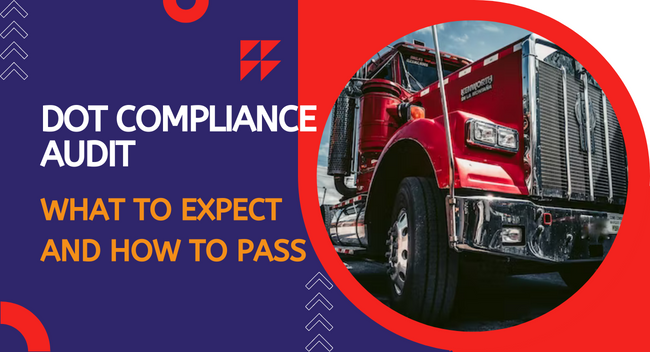
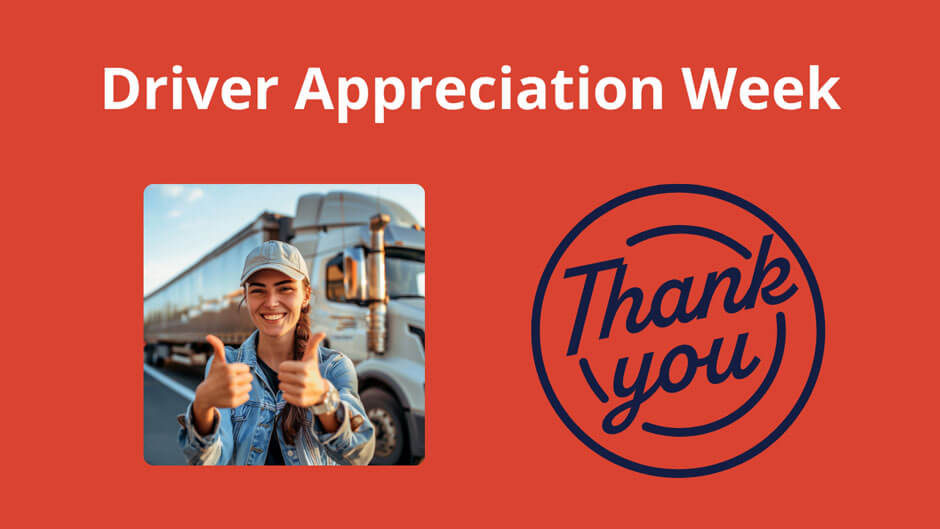

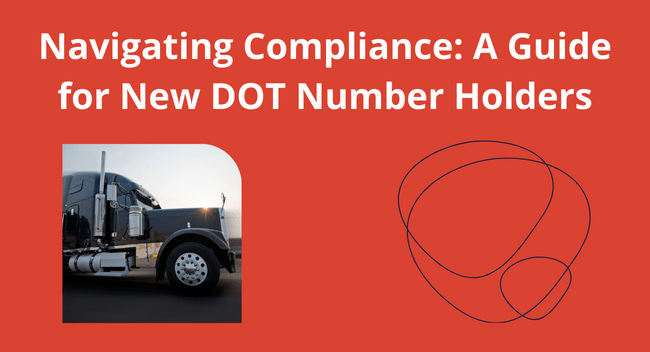
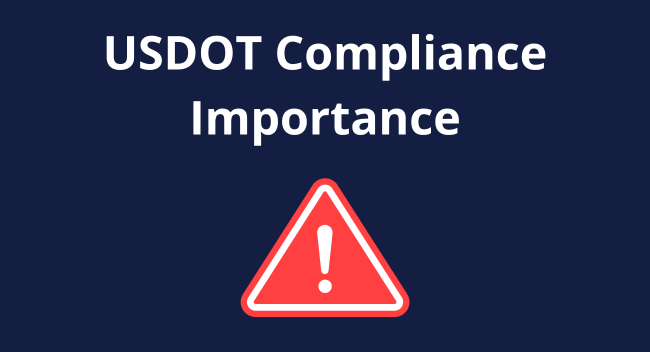
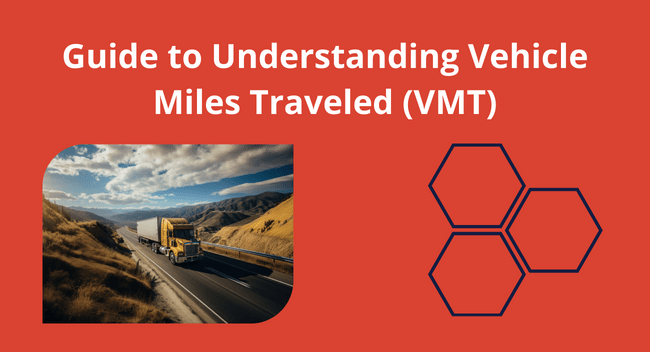


0 Comments